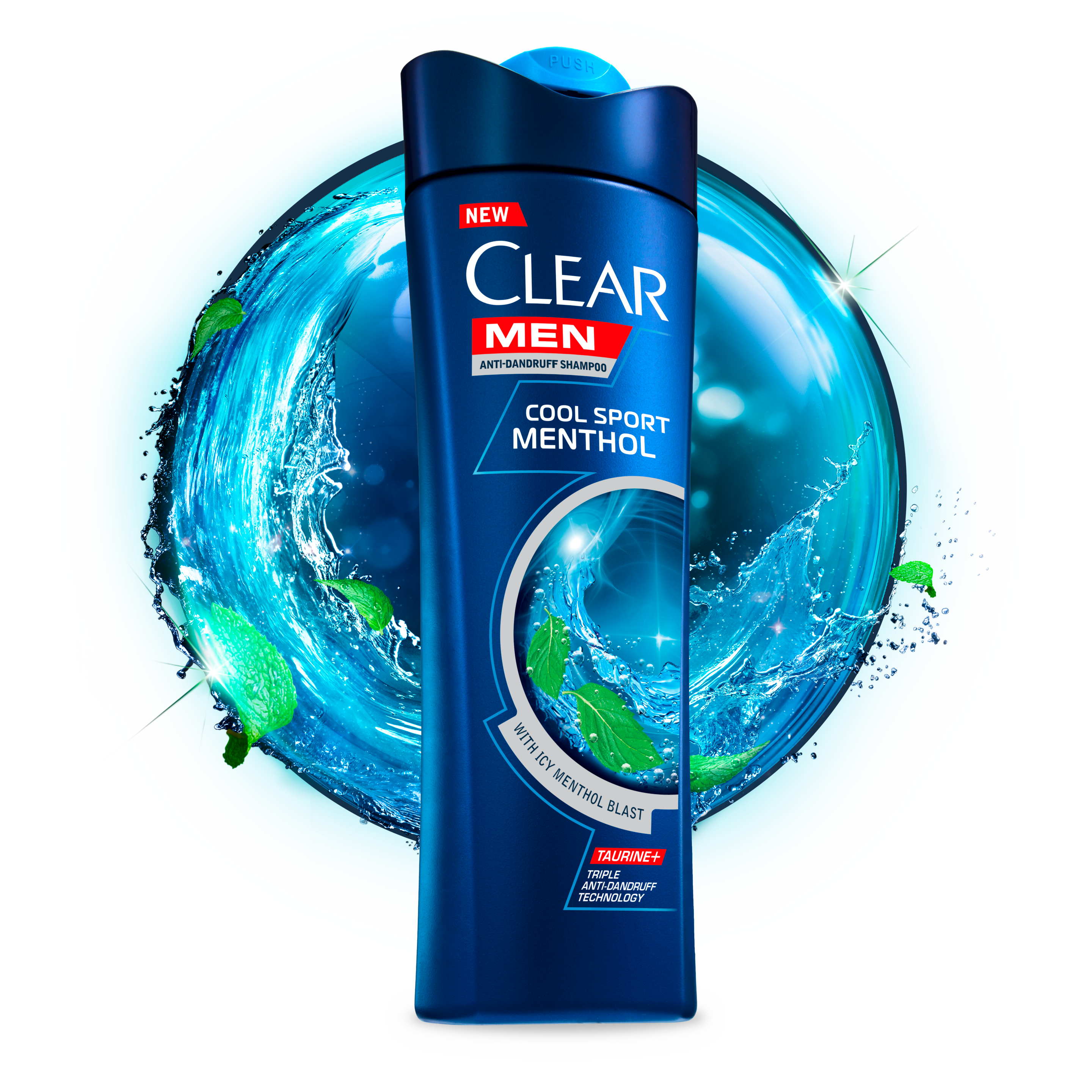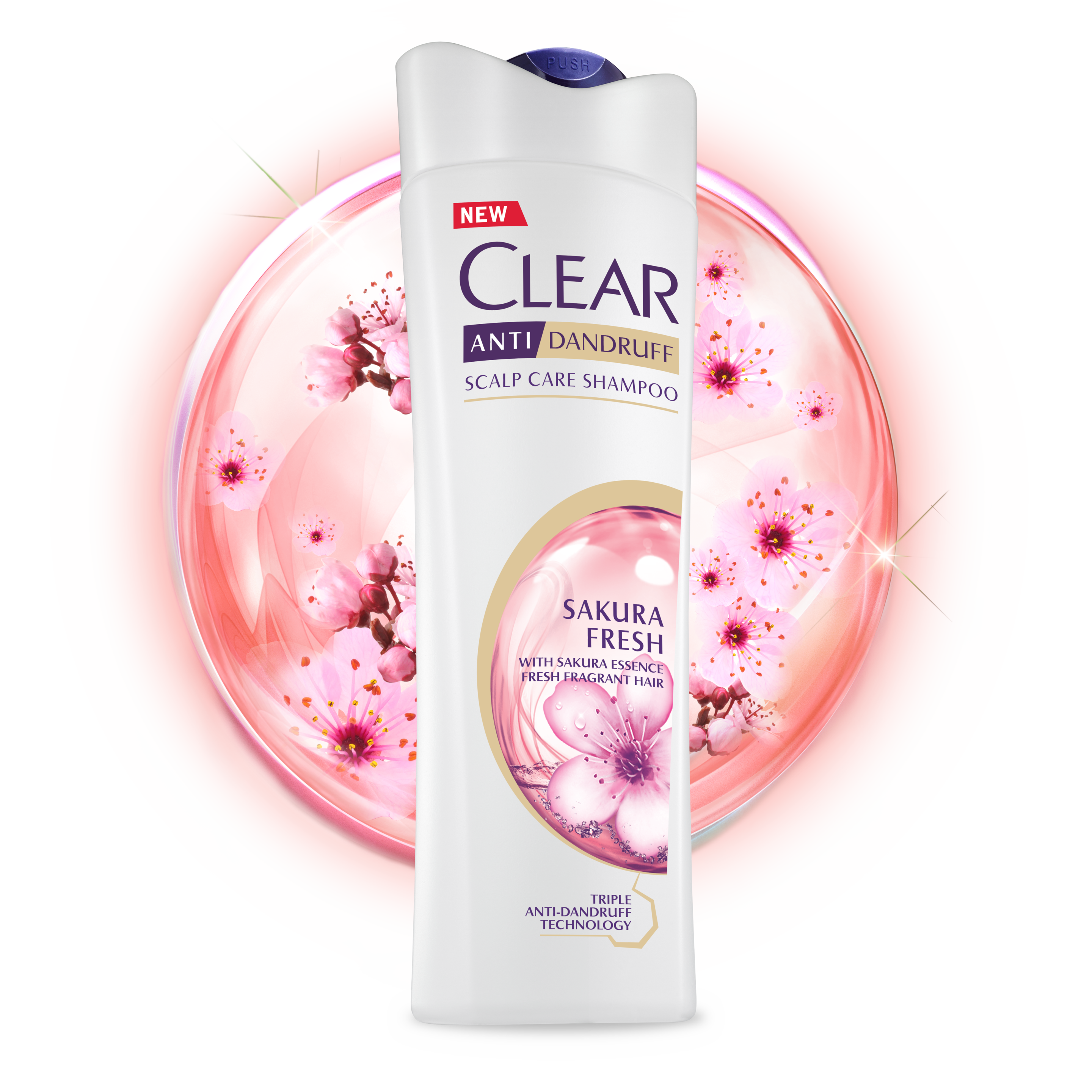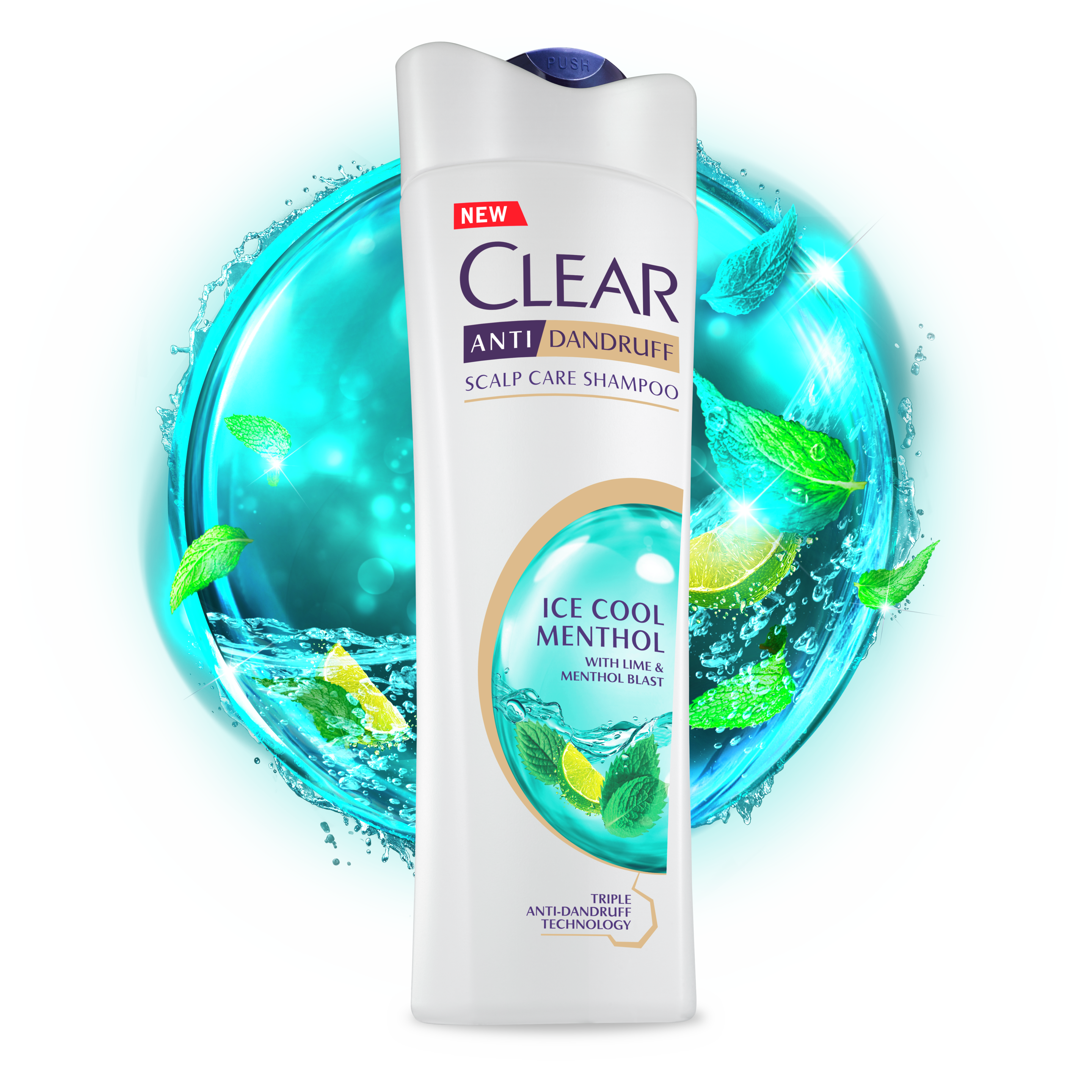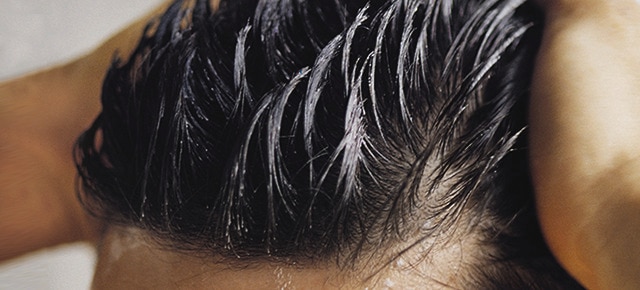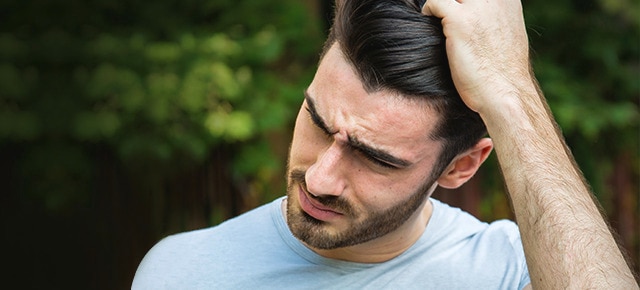Our health is influenced by several factors—our diet, lifestyle, and the elements we are constantly exposed to. Maintaining a healthy body often revolves around changes in these aspects. But one crucial thing that is often overlooked when talking about health is our microbiome.
What is Microbiome?
Our body has trillions of bacteria, fungi, and other microorganisms living on and in it. This community of microorganisms is called microbiome. To simplify, it can be found on our skin, mouth, airways and gut. Not all these microorganisms are harmful, though. In fact, some are essential in crucial body functions like breaking down nutrients, making sure our immune system works well and keeping harmful microbes from multiplying in our body.
How Important is a Healthy Microbiome?
Think of a well-balanced microbiome as a city where everyone lives in harmony, and everyone does what they're supposed to do. Like other parts of the body, the scalp is home to a lot of microbes like Malassezia, a type of yeast that feeds on the oil produced by our scalp and different species of bacteria.
When our scalp microbiome is in a state of equilibrium, these microorganisms do not cause harm. But once a scarcity or overgrowth of certain microbes occurs, this balance is disrupted. Changes in the scalp and its microbiome can lead to several problems like itchiness, irritation, and dandruff.
Microbes also reside in the hair follicle, and a disruption in this delicate environment may link to hair loss. This is why maintaining a healthy scalp microbiome is essential not just in preventing dandruff but also in hair quality when it grows.
How to Keep Your Scalp Microbiome Healthy
- 1
Wash your hair after exercising

When you work out, sweat, oil, and dirt may build up on your scalp and throw its microbiome out of balance. This can manifest in itchy scalp and unpleasant scalp odor caused by harmful bacteria. To prevent this, shower as soon as you can after working out. Not only will it cleanse and refresh your body, but it will also help to restore microbiome balance to your scalp.
- 2
Use a shampoo with a gentle formula
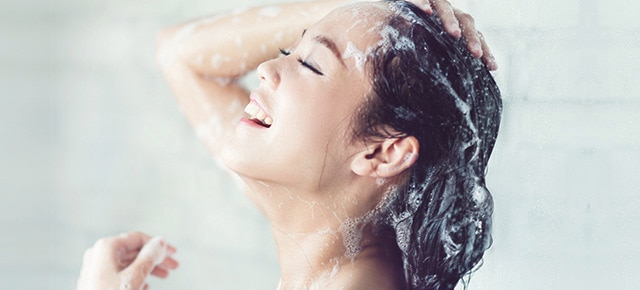
Washing your hair might give you squeaky clean strands and scalp, but this isn't good, too. Over-washing—mainly when you use shampoos with harsh surfactants—can strip away essential hair oils and good bacteria, and this disturbs the scalp's microbiome.
To get clean hair and scalp while helping to maintain microbiome balance, use a shampoo with a mild formulation like CLEAR Complete Soft Care or CLEAR Cool Sport Menthol. These shampoos help restore your scalp's natural protective barrier to guard your scalp against potential irritants. They also have Triple Anti-Dandruff Technology, as well as Vitamin B3 and Amino Acid that strengthen your scalp's defense against dandruff. You can include either of these shampoos in your regular hair care regimen to keep your hair and scalp clean and help to restore scalp microbiome balance.
- 3
Minimize the use of hair styling products
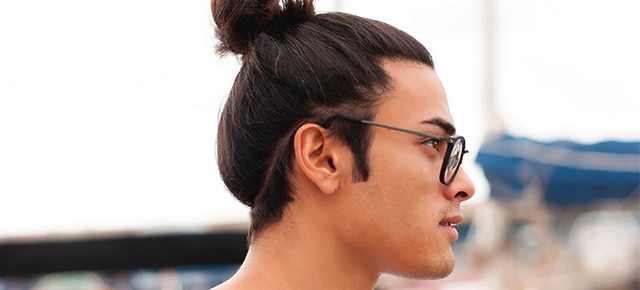
While hair gels, pomades and hairsprays help make you look neat and well-groomed, frequent use of these products may cause residue to build upon your scalp, clogging your pores and causing irritation. When you can, skip these products and opt for simple hairstyles that don't require the help of these products.
Should you decide to use them, make sure to wash your hair at the end of the day to cleanse your scalp and remove product residue.
- 4
Clean Your Hands Before Touching Your Hair
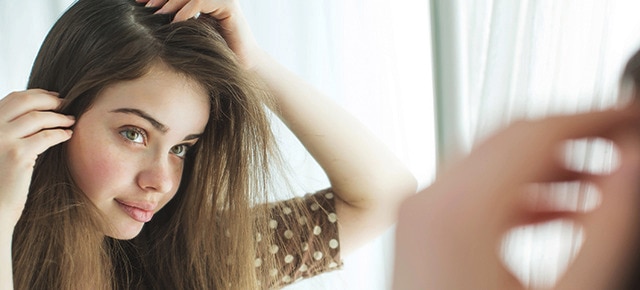
This is not only a good personal hygiene practice, but it can also prevent harmful bacteria from transferring to your scalp and disturbing its microbiome. Always wash your hands thoroughly before touching your hair, and make sure that your combs and hairbrushes are clean.
- 5
Maintain a balanced diet



